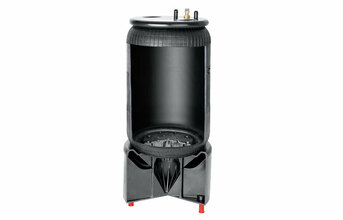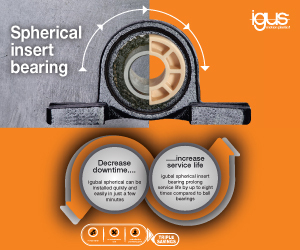
With its innovations for commercial vehicles, international technology company Continental can achieve fuel savings of up to six liters per 100 km. This value is a result of the systematic implementation of all the technologies available during series production and development. "We envisage great potential for future optimization in fleet consumption. Our innovations - some of which are currently in the design phase and some of which are undergoing preliminary development - offer additional potential for reducing consumption by as much as 2 liters per 100 km," explains Nikolai Setzer, who is a member of the Continental Executive Board. This calculation takes account of more than 20 different technologies that either have recently been implemented in series production or are currently undergoing development. Continental is thereby improving the efficiency of commercial vehicles, cutting CO2 emissions, and improving the cost efficiency of goods transportation.
Some of the latest solutions - including reduced-weight air springs, fuel-saving tires, and a smaller diesel oxidation catalyst - will be on show at this year's International Motor Show Commercial Vehicles (hall 17, stand A06/B11). The company will be showcasing a diverse, technologically sophisticated, single-source portfolio to attending manufacturers, forwarding agents, and fleet managers. In addition to the latest innovations, visitors will be able to see other, more familiar Continental technology such as the eHorizon sensor system, which saves almost one liter of fuel over 100 kilometers, and the ProViu Mirror digital side mirror set, which can help save up to 0.6 liters of fuel. In 2007, the Member States of the European Union agreed to reduce primary energy consumption by 20% by 2020. Consequently, vehicle manufacturers have an interest in continuing to lower CO2 emissions.
(Continued on next page)




































